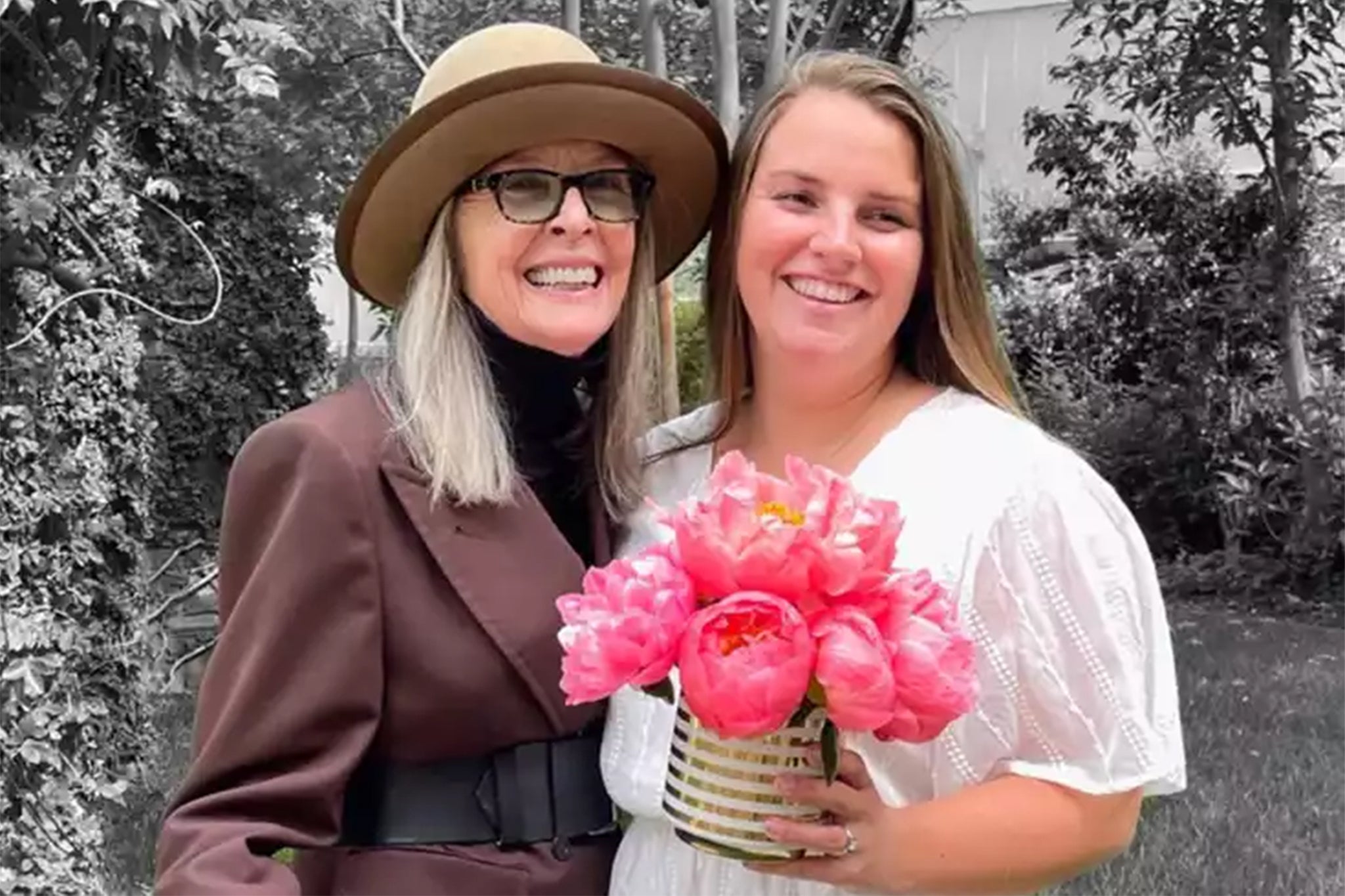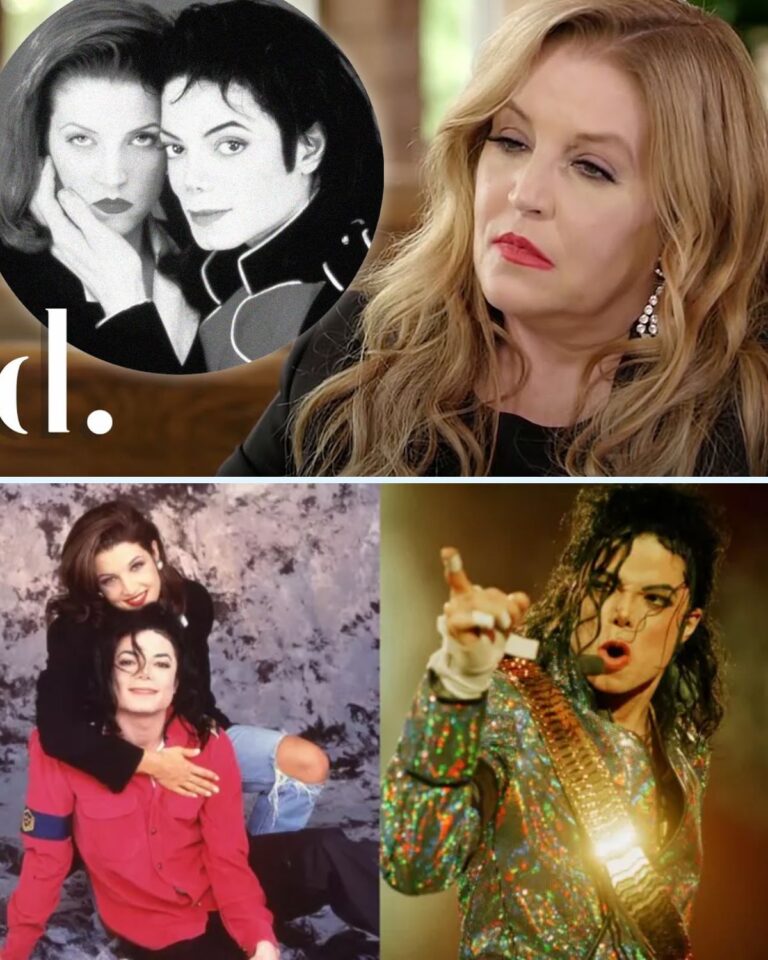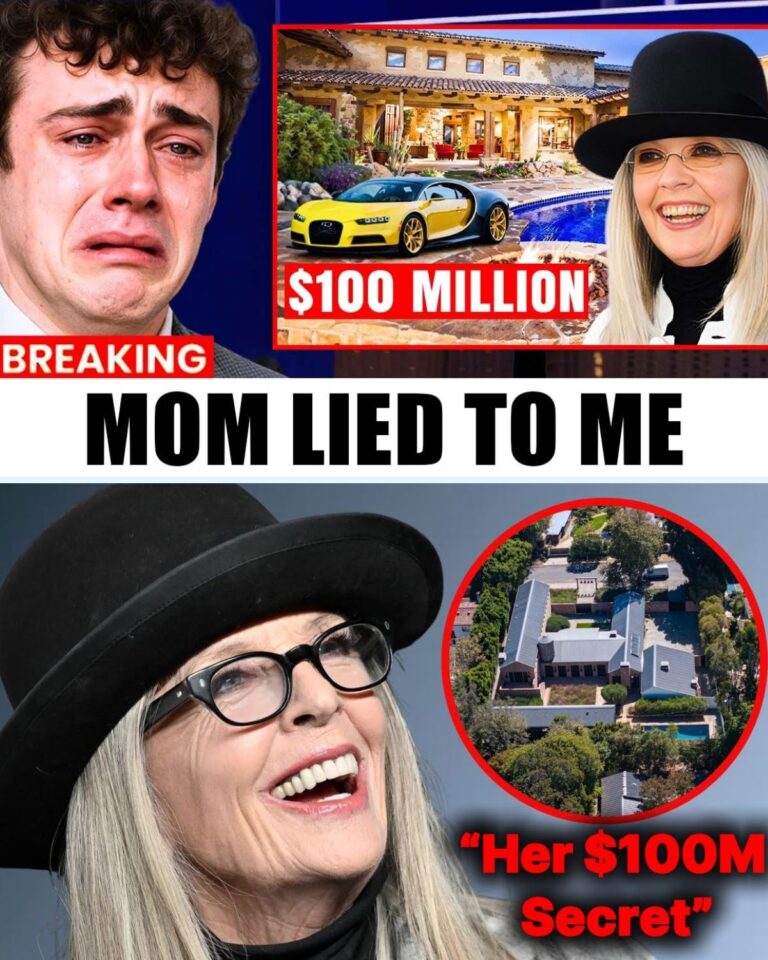The world gasped in disbelief as the news broke: Hollywood icon Diane Keaton has passed away, leaving behind a legacy that transcended the silver screen. The pioneering actress and celebrated director, known for her wit, charm, and unyielding spirit, was found unresponsive at her Brentwood home, an undisturbed sanctuary where laughter previously reigned. The lights dimmed across Tinseltown as stars took to social media, sharing their heartbreak and countless fond memories of a woman who encapsulated the very essence of sincerity.

But amidst the flood of tributes, one voice emerged from the shadows to share a profoundly intimate narrative that no headline could ever capture—the voice of her daughter, Dexter Katon, who peeled back the layers of her mother’s carefully crafted public persona, revealing the solitude that lurked behind the glamour. “How could Hollywood’s most beloved woman die feeling so completely alone?” Dexter pondered aloud, her words echoing the piercing truths only those closest to Diane would ever know.
Standing in front of her mother’s home, where candles flickered against the evening air and floral tributes formed a cascading mountain at the gate, Dexter revealed a hidden side to her mother that’s often cloaked in the glamour of fame. She discovered her mother was more than just a figure of laughter and romance; Diane Keaton grappled with deep, unseen loneliness. “My mother had mastered the art of pretending,” Dexter said, her voice laced with heartbreak. While the world adored Diane for her vibrant personality and iconic film roles, they remained oblivious to the grief that would follow her home when the cameras ceased to roll.

Diane, known for roles in classics such as “Annie Hall” and “The Godfather,” spun tales of romance on screen but often found herself locked behind walls of isolation off-screen—a dichotomy that left a void which no amount of applause could fill. “She loved deeply, yet feared being loved back,” Dexter confessed, illustrating a woman who outwardly gave everything to others but internally battled with the belief that she wasn’t deserving of the same warmth she so selflessly bestowed.
In the hush of her family home, Dexter stumbled upon her mother’s most sacred possession—a weathered leather-bound notebook, tied with a silver ribbon. Its pages, worn and yellowed, emanated the faint scent of perfume—a haunting reminder of her mother’s presence. Within those pages, Diane’s voice echoed not as the star the world idolized, but rather as a vulnerable woman recounting a well of love, longing, and loss that overshadowed her illustrious career. Dexter’s heart dropped upon reading the words scrawled in elegant script, revealing an unforgotten love who had graced her mother’s life so beautifully yet cruelly: Al Pacino.

The entries detailed the tender moments shared under the New York skyline, laughter spilling over late-night drives with Frank Sinatra crooning softly in the background, dreams careening through the headlights of youth. Yet, page after page, the joyous reminiscences were tainted with a profound ache—from unanswered calls to a chair left unoccupied at a dinner table. Evening after evening spent waiting for the phone to ring, her mother’s words creeping softly into the pages: “If I reach out again, what if he disappears?” The weight of unreciprocated love was an anguish that punctuated Diane’s story; silence overwhelmed moments when love should have thrived.
In her mother’s final moments, surrounded by family and the echoes of simple joys—playing jazz records, sharing warm teas, and bedtime stories—Diane found solace in the sanctuary she crafted through motherhood. At 50, she embraced the beautiful reality of adoption, raising two children—Dexter and Duke—whose presence filled the once-quiet halls with laughter and life. “I just need to love her,” Diane once declared, proving her legacy wasn’t about the awards decorating her mantle, but the love she so fiercely gave away.

Yet, even as she created a nurturing environment for her children, the ghosts of her past lingered like shadows. What seemed like mere fleeting memories of her struggles with bulimia revealed a deeper battle, one which Diane masked with polished smiles. Her daughter’s poured-over diaries unveiled a connection between beauty, fame, and a hunger that transcended the physical—a longing for acceptance and love that had haunted her since she was 25. “I eat to fill the emptiness of being unseen,” she wrote, stark reminders of a storm raged within the woman who captivated millions outwardly while silently wrestling with her demons.
As Diane transitioned into the twilight of her life, she sought refuge in silence, spending her final months cradled in the warmth of a nurturing home and the love of her children. It wasn’t the dazzling world of Hollywood that sustained her during those sunsets but the quiet moments shared beneath the stars. Her last note, tucked tenderly beneath a cherished photograph of her children, encapsulated her indomitable spirit: “I have lived and I have loved. The rest, let the light keep for me.”

At dawn on October 11th, as the California sun spilled golden light through the curtains, Diane drifted peacefully into eternity, cradled in the calmness she had always sought. Dexter, the first to find her, recognized that the serene smile on her mother’s face spoke volumes—a quiet culmination of a life lived in both tumult and grace. That night, as the family gathered in their garden, softly lit with candles and the gentle strains of jazz, they honored a woman who navigated through storms only to emerge radiant, a beacon of resilience, deep meaningful love, and insatiable courage.
As tributes poured in from luminaries across the globe—Al Pacino, the man whose absence in her life echoed like a haunting refrain, mourned her silently—Diane’s legacy unfurled like a symphony of remembrance. Headlines hailed her as “the compass of sincerity,” encapsulating the ethos that had made her beloved. Yet, for those like Dexter who grieved in heartfelt solitude away from the glitz, Diane Keaton was more than just a star; she was a mother, a companion, and a remarkable woman whose light illuminated the lives of many.
In a world that often measures success solely by accolades, Diane reminded us that the greatest victories come from vulnerability—the authentic connections we foster and the legacies we leave behind that echo long after the applause fades. As we gather our thoughts, one question persists—who was Diane Keaton to you? An icon, a dreamer, a bright melody in the symphony of life? Keep her spirit alive and share your reflections, for the depths of her journey transcend the sliver of a frame; they are eternally woven into the tapestry of our hearts.





